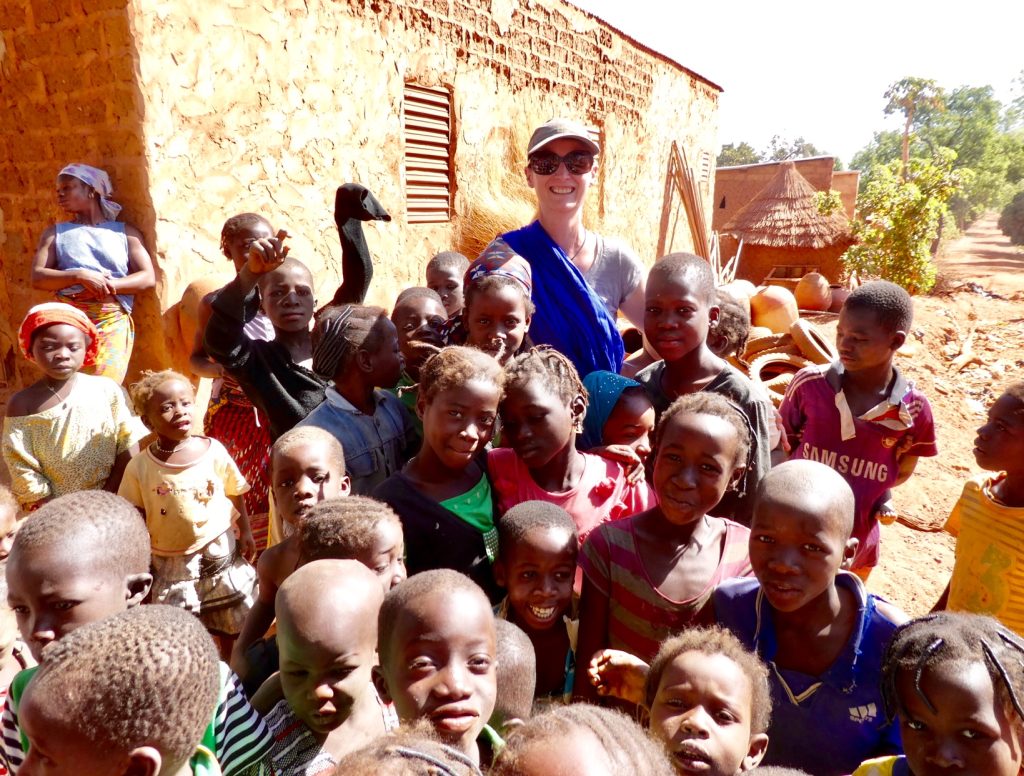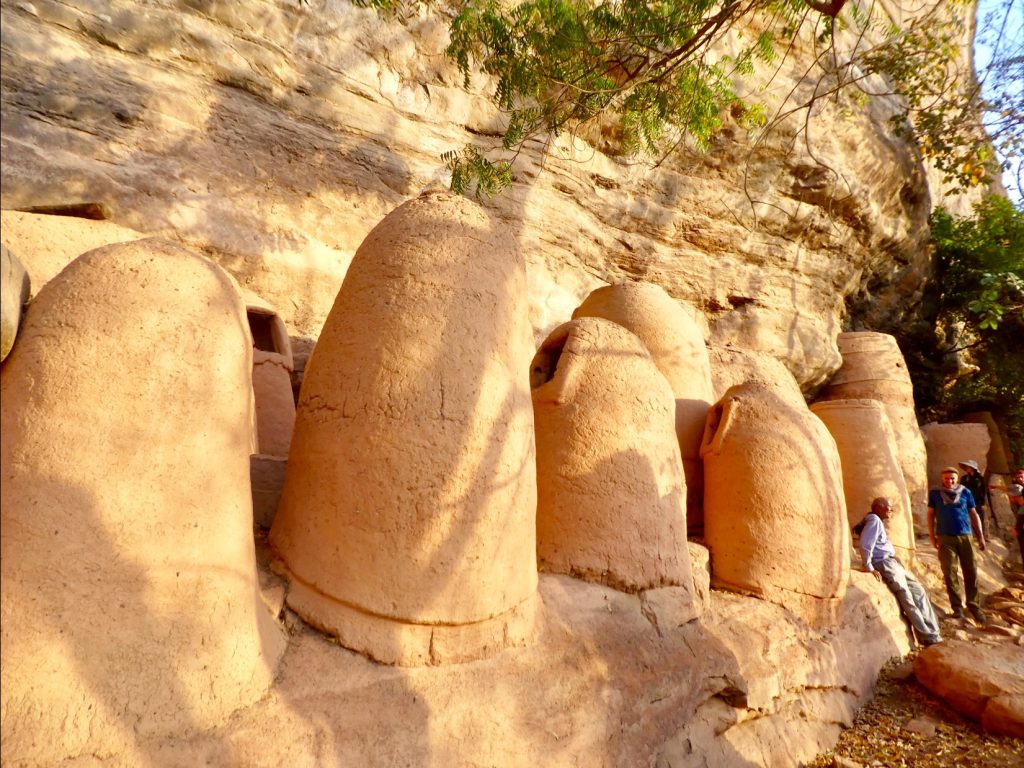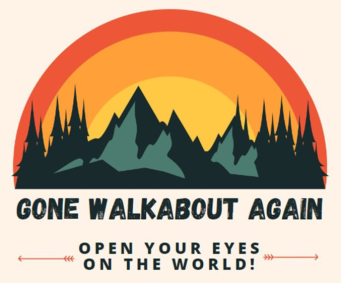This past week I’ve travelled further south to the country of Burkina Faso. As I’ve distanced myself further from the Sahara the landscape has become progressively greener. Villages are shaded by enormous mango trees in flower and surrounded by cashew nut tree groves. There are also sugar cane and cotton plantations which are important cash crops in the region.

Sometimes country borders make little sense – lines conveniently drawn on maps by competing Colonial forces. This is the case for West Africa as traditional tribal lands can often sit astride several ‘countries’. In southern Burkina Faso I visited the lands of the Senoufou people which straddle regions of Burkina Faso, Mali and Côte d’Ivoire. The locals showed me around important cultural and historical sites (all UNESCO World Heritage listed..) including a 14th century troglodyte village built from mud- brick into the side of a cliff.

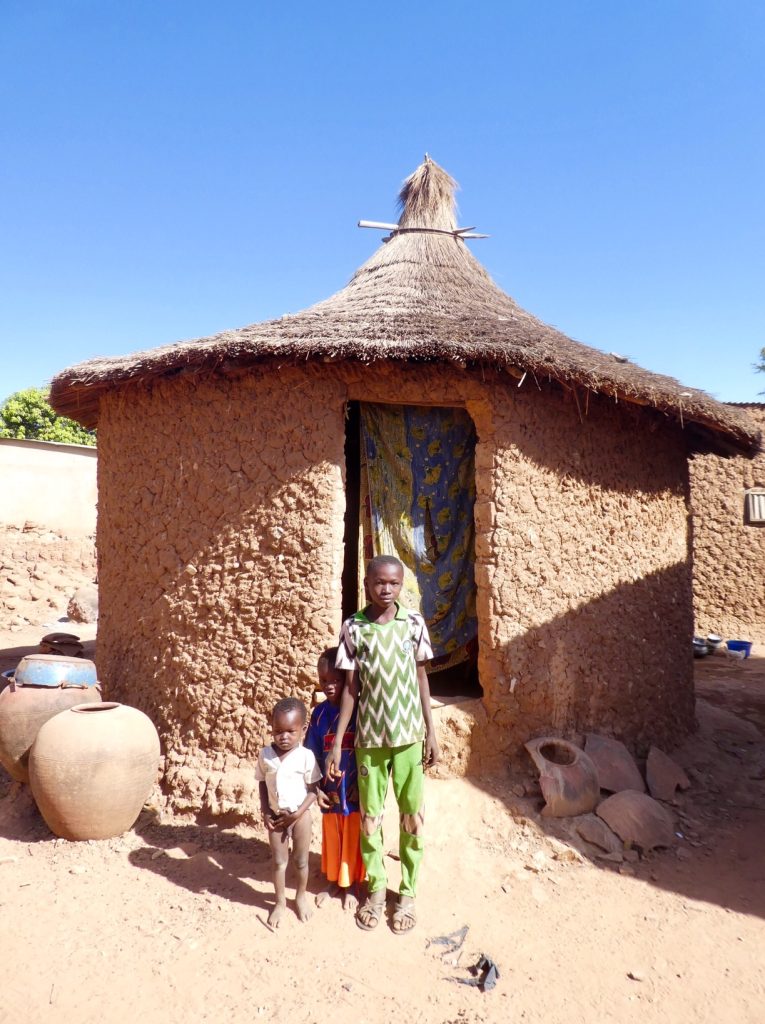
As I’ve travelled southwards the prevalence of Islam has also lessened. In Mali the population was over 90% Muslim- in Burkina Faso around 60% Muslim and 40% Christian- but no matter what your religion it’s said everyone here is 100% Animist. The locals believe in 3 worlds – the world of the living, the world of their ancestors and the spirit world. There are numerous portals to communicate with the spirit world- such as through the baobab tree which is held to be sacred. Animist ceremonies such as mask dances and animal sacrifices to the ancestors are still very commonplace.
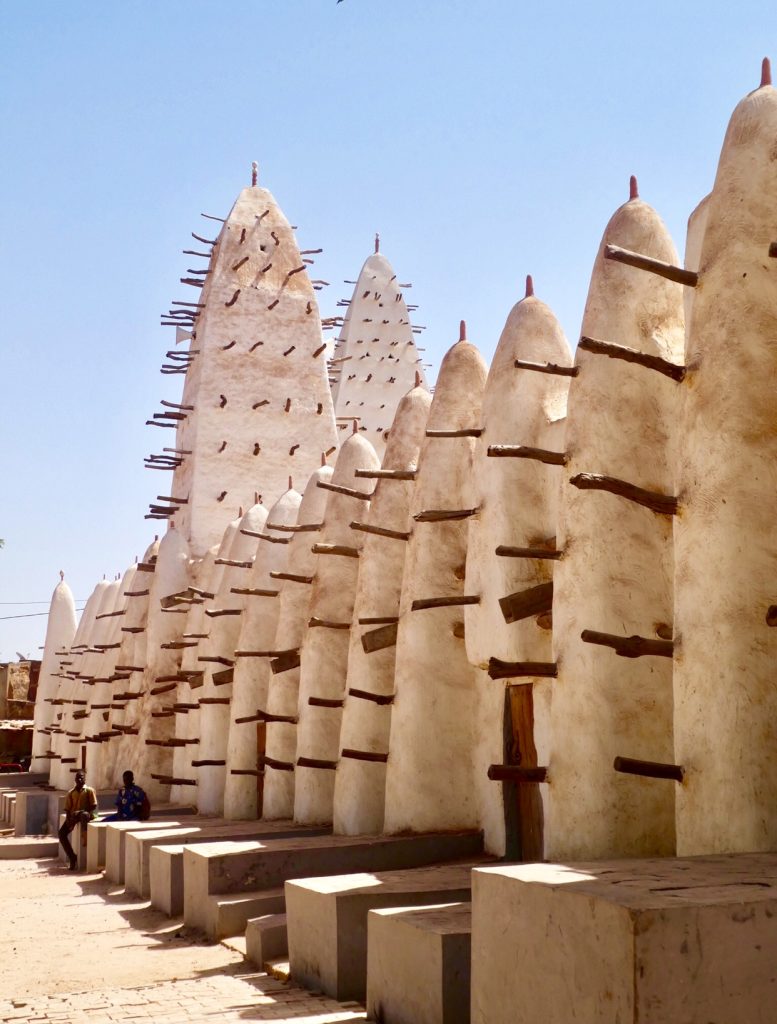

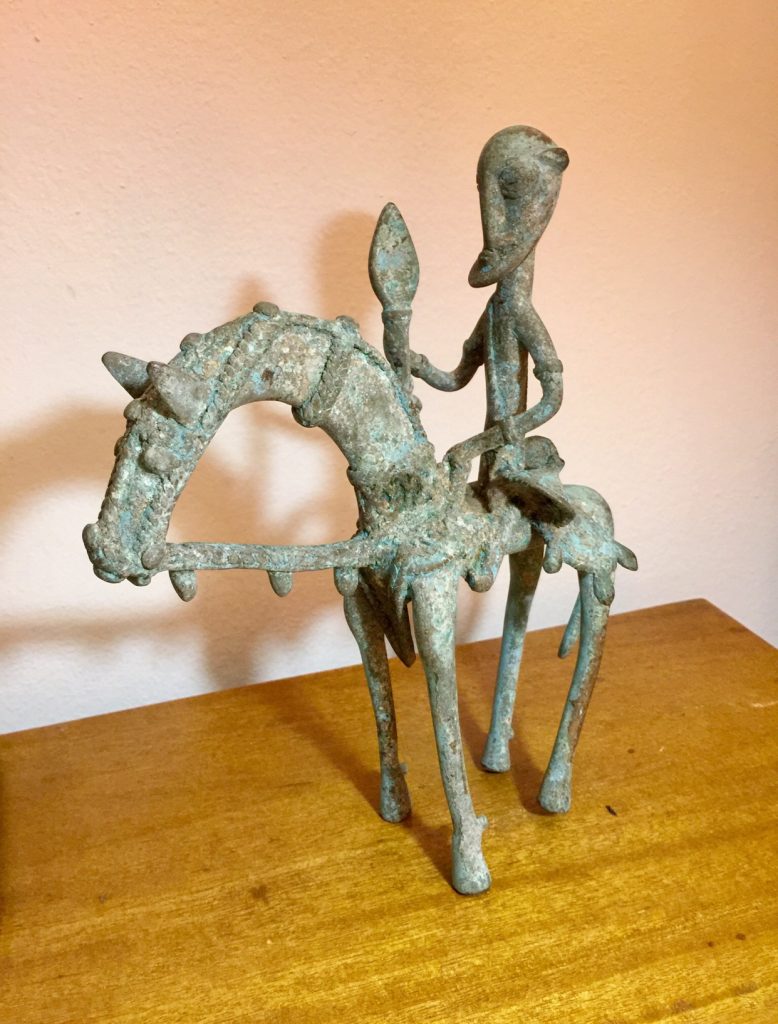
It’s a very different world and a rugged style of travel to see the heart of West Africa but there’s an amazing sense of continuity linking a thread through millennia of history here (only more recently coloured by Colonial occupation). Because of the jihadist and civil war conflicts in these regions only a trickle of undeterred tourists has visited Mali and Burkina Faso in recent years. It was heartwarming to be received with genuine excitement by many of these communities and crowds of children chanting “toubabou” – the local word for “white people” as we arrived in town.
